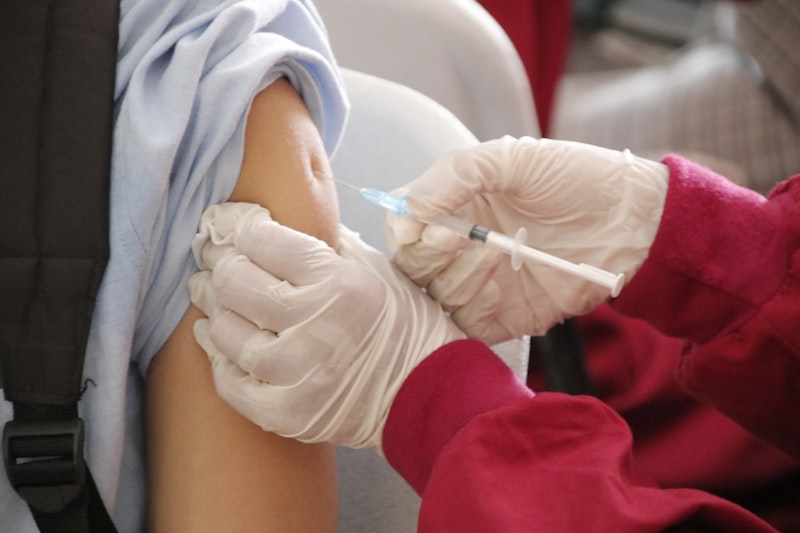Study Suggests COVID Vaccines May Have Contributed to Excess Deaths
In a recent study published by researchers from The Netherlands, findings suggest that COVID-19 vaccines may have played a role in the rise of excess deaths observed in 47 Western countries since the onset of the pandemic. The study, which has sparked a new wave of debate, analyzed data from
In a recent study published by researchers from The Netherlands, findings suggest that COVID-19 vaccines may have played a role in the rise of excess deaths observed in 47 Western countries since the onset of the pandemic. The study, which has sparked a new wave of debate, analyzed data from various sources to explore the potential link between vaccination campaigns and mortality rates.
The research team, led by Dr. Elena van der Maas, examined excess death data from the beginning of the pandemic until recent months. They found that in many countries, the number of deaths from all causes exceeded the expected numbers based on pre-pandemic trends. This phenomenon, known as "excess deaths," has been a subject of intense scrutiny and speculation since the start of the COVID-19 crisis.
According to the study, several factors could be contributing to the excess deaths, including the direct and indirect effects of COVID-19 infections, the impact of lockdowns and other public health measures on mental and physical health, and potential adverse reactions to the vaccines themselves.
"Our study does not definitively prove that the COVID-19 vaccines are the sole cause of the excess deaths," said Dr. van der Maas in a press conference. "However, we believe that further investigation is warranted to understand the potential role of the vaccines in this alarming trend."
Critics of the study argue that the findings are misleading and that the excess deaths are more likely due to other factors, such as delayed medical care, the resurgence of other diseases like influenza, and the long-term effects of COVID-19 infections. They also point out that the study does not provide concrete evidence of a causal link between the vaccines and the excess deaths.
"This study is a classic example of correlation does not imply causation," said Dr. Amelia Rodriguez, a public health expert at the University of California, San Francisco. "The fact that excess deaths have occurred in the same time frame as the vaccination campaigns does not necessarily mean that the vaccines are to blame. It's essential to consider all the other factors that could be contributing to these deaths."
The study's authors acknowledge the limitations of their research and call for further investigation into the potential risks associated with the COVID-19 vaccines. They also emphasize the importance of continuing to monitor the long-term effects of the vaccines and other public health interventions implemented during the pandemic.
As the debate surrounding the study's findings continues, it is clear that the relationship between COVID-19 vaccines and excess deaths is a complex and multifaceted issue. While the vaccines have undoubtedly played a crucial role in mitigating the impact of the pandemic, it is essential to remain vigilant and open to exploring all potential explanations for the observed trends in mortality rates.
In the meantime, health authorities and researchers around the world are working tirelessly to gather more data and conduct further studies to shed light on the true causes of the excess deaths observed since the start of the pandemic.




